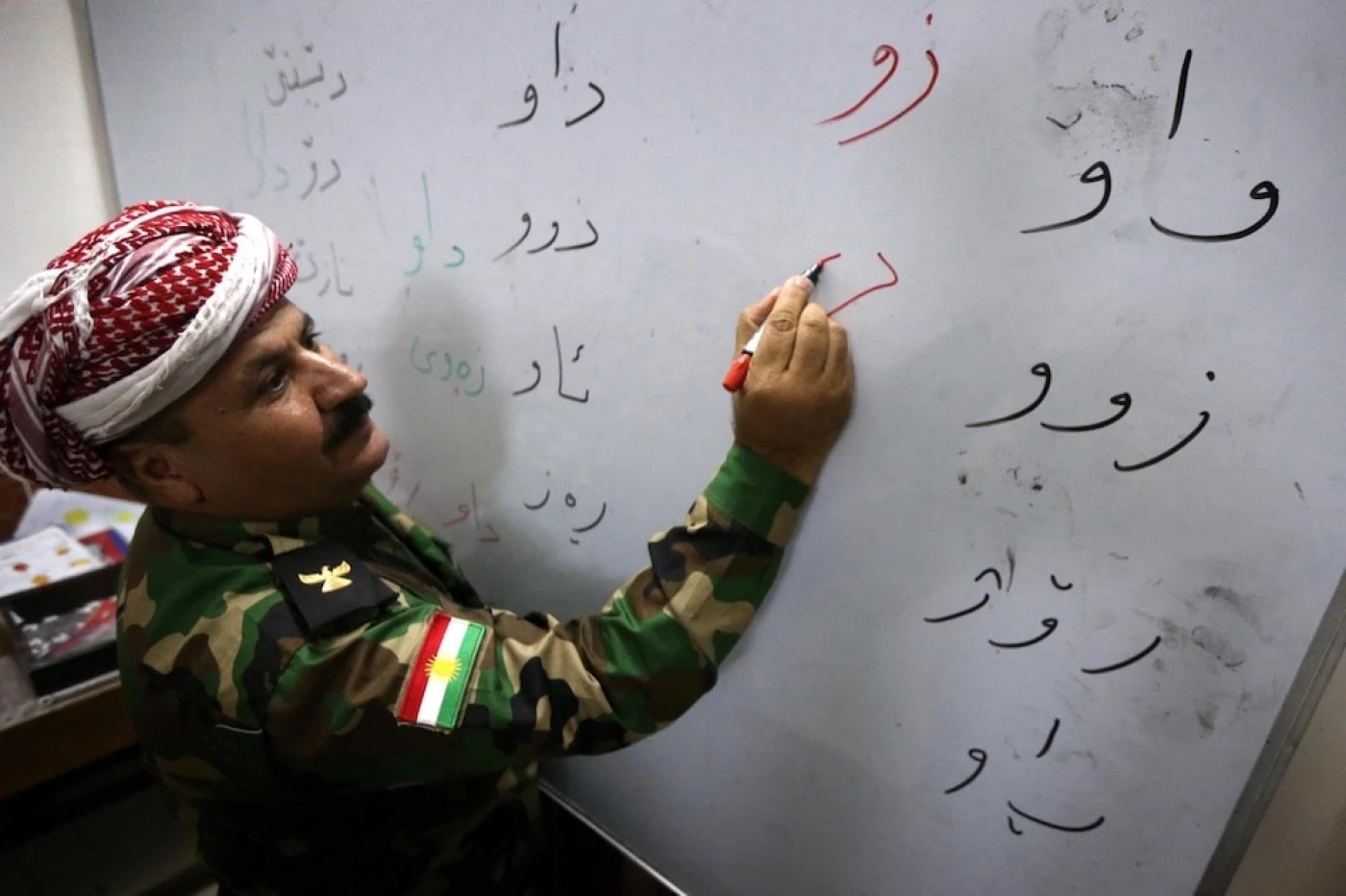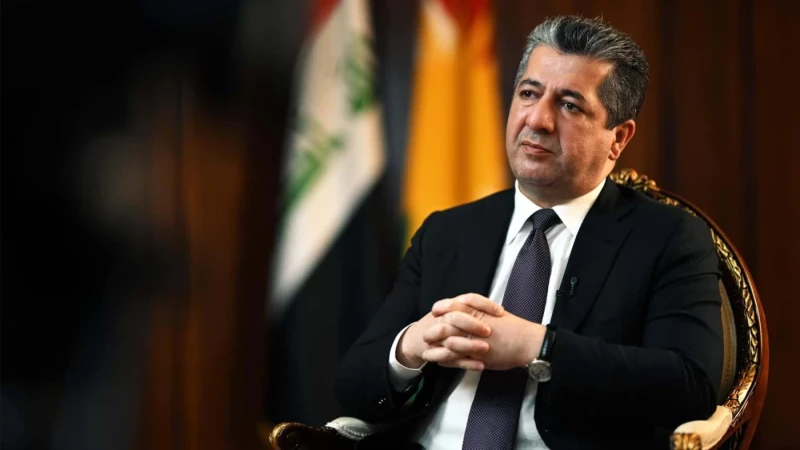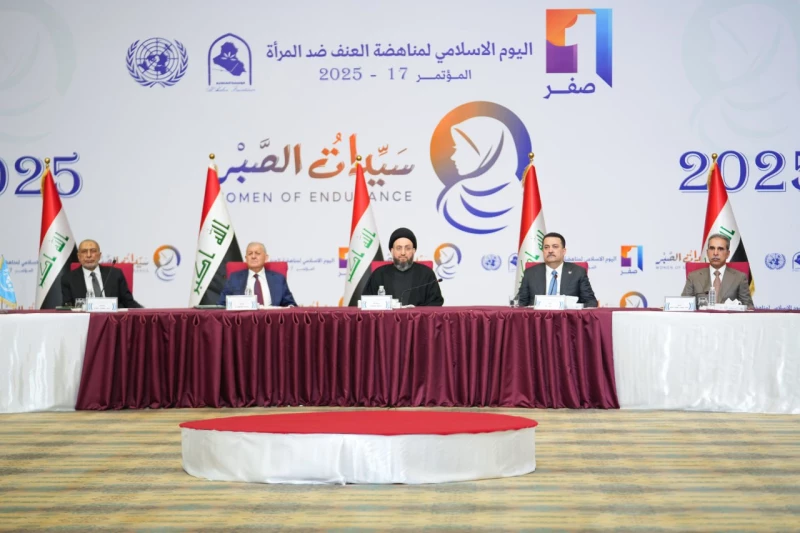ERBIL, Kurdistan Region of Iraq – A decision by the Iraqi higher education ministry to ban translating university tests in disputed areas to languages other than Arabic will not be implemented after facing backlash from Kurdish establishments.
A decree by the Iraqi higher education ministry, signed on July 15, was set to ban studying in Kurdish in higher educational centers in disputed areas between the Kurdistan Region and Iraq, most notably Kirkuk, in addition to Nineveh and Diyala.
The directive would have bound “universities/colleges to ensure that the questions are in the language of instruction and not to translate them under any circumstances… since teaching is in Arabic and English,” according to a copy of the document addressed to the dean of Kirkuk University, obtained by The New Region.
The decision obligated “universities and colleges, both public and private, in the provinces of Kirkuk, Mosul, and Diyala, not to translate questions into a language other than the language of instruction. Otherwise, the university or college shall bear all legal consequences."
The controversial decision sparked outrage and condemnation from several Kurdish institutions and bodies, including the Kurdistan Regional Government’s (KRG) Ministry of Higher Education, which slammed the decision as “contrary to constitutional principles and coexistence” in a statement on Saturday.
Second Deputy Speaker of the Iraqi Parliament Shakhawan Abdullah on Saturday said that he was told that the decision will not be implemented during a phone call with Iraqi Higher Education Minister Naeem al-Aboud.
“He announced that this decision will not be implemented, and last year we took the same stance. With gratitude, he said I respect the Kurdish language, and what was done was among a set of ministry directives," Abdullah quoted the minister as saying in the phone call.
In addition to the KRG’s higher education ministry, the committee on Kurdistani areas outside the KRG’s jurisdiction also spoke up against the directive, asserting that in addition to being a “clear violation” of the Iraqi constitution, the decision is also a “dangerous precedent.”
The Kurdish Academy also condemned the decision, dubbing it a “racist decision,” while demanding that the “illegal and unconstitutional” directive be reversed as soon as possible.
The Kurdistan Region and Iraq have been engaged in a contentious dispute over territories falling on the border between the two governments’ jurisdictions. Article 140 of the Iraqi constitution prohibits changing the boundaries of the areas until a final settlement is reached between the two sides.
The Iraqi government in 2017 mobilized against the Kurdistan Region’s forces in the disputed territories, taking control of the area, including Kurdish-majority Kirkuk.


 Facebook
Facebook
 LinkedIn
LinkedIn
 Telegram
Telegram
 X
X



